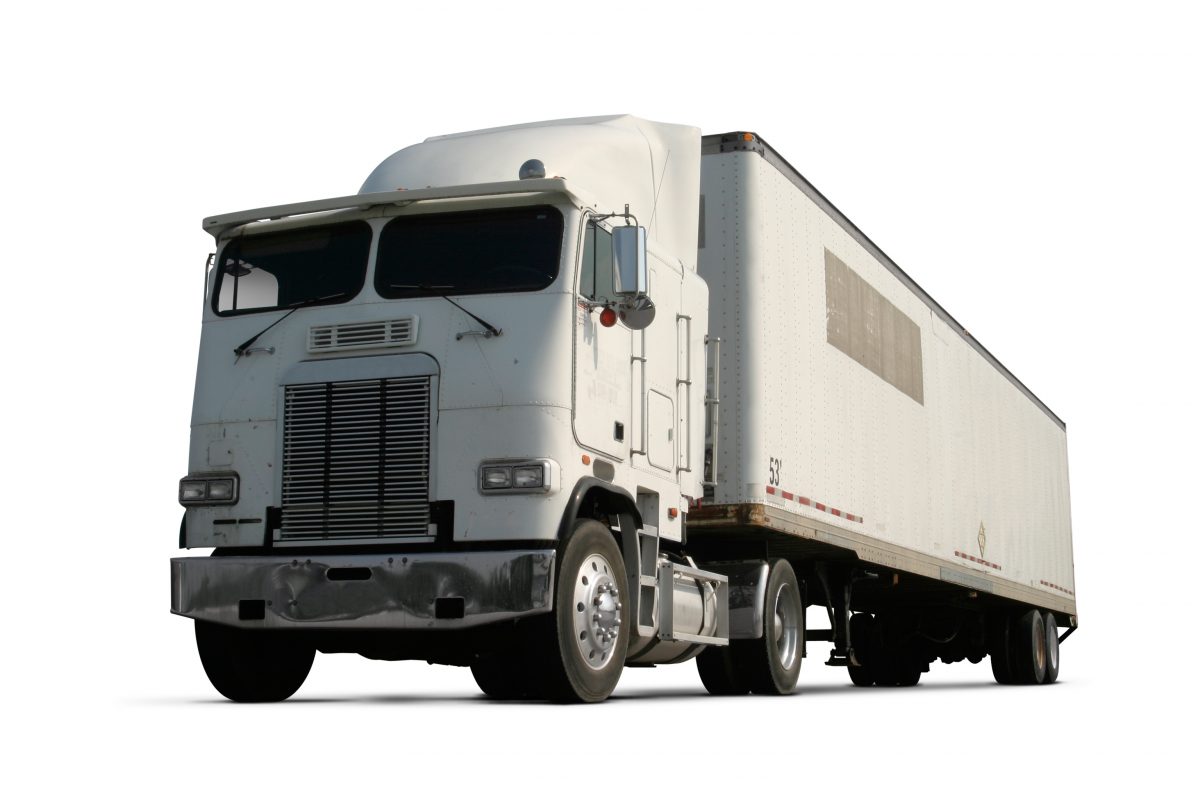Many relocating employees choose a summer move over any other time of the year. However, several factors make this time of the year the busiest for relocation. As a result, the household goods (HHG) moving industry is often running at nearly full capacity to meet demanding schedules.
The current COVID-19 pandemic presents a significant number of additional considerations. However, transferees who plan ahead and learn basic guidelines for safe HHG moves can expect a smooth summer move.
Factors That Result in Preferences for a Summer Move
1. School Breaks
Families with children prefer to stay in place during the school year. The vast majority of school years follow certain patterns, with holiday or seasonal breaks. The months of June, July, and August are traditionally times when schools are not in session. This includes colleges as well, where students are often on the move back home once they have taken their last final exam. By planning a summer move, schoolwork is less likely to face any disruptions.
2. Weather Patterns
In much of the United States, the months of May through September offer warm temperatures, grounds covered with grass, and a number of bright sunny days. In comparison, other months offer less than ideal weather conditions. Snow and ice make travel difficult, streets and sidewalks may be muddy, and days may be gray with sleet and snow showers.
3. Common Beliefs and Practices
Many home buyers and sellers believe the best seasons for real estate transactions are spring and summer. Although other seasons offer a number of benefits, a summer move is often the result of a busy spring and summer home buying and selling season.
How to Plan Ahead for Your Summer Move
Companies that are planning to relocate employees should be aware of several important points that can make for a smooth and easy summer move. Communication is important to ensure that every relocating employee has a good experience. Employees who have a good experience in their relocation process will arrive at the destination ready to start their new job.
Top 4 Points to Ensure a Smooth Summer Move
1. Engage your Relocation Management Company (RMC) as Early as Possible
Employers looking to arrange an employee transfer or a new hire that will be relocating, early notification to the RMC is best. A best practice is to integrate all of the company’s pre-decision services directly with the RMC. This will help ensure the RMC has visibility for any upcoming summer move, and initial planning can quickly proceed.
2. Leverage Multiple Bids to Obtain the Lowest Costs
With HHG moving demand at its peak, RMCs should provide multiple bids for a summer move. However, this requires companies to provide enough time for the RMC to obtain these bids. The last week of June is the busiest week for moves. Companies that do not provide enough time for the RMC to obtain competitive bids may miss out on substantially lower costs for the summer move. In general, RMCs who obtain multiple bids for a summer move can save companies over $1,500 per move.
3. Providing a Range of Dates is Better Than a Specific Date
As with many things in life, the ability to be flexible works well for planning a summer move. HHG moving companies appreciate flexibility for their scheduling needs. Transferees also have many other things to take care of related to their relocation. Relocating employees who can provide a range of dates for pickup and delivery are often likely to have their household goods picked up and delivered on their preferred date or the nearest alternative date.
4. When Time is of the Essence, Services Can be Provided at Additional Cost
Some situations require an employee to be on site in a new location by a specific date. Critical delivery dates may arise due to home sale closings, expiring leases, and company requirements. These situations may require services that cost extra, above and beyond the traditional summer move cost. Companies that need a transferee to be on site in a new location by a certain date should provide enough time for the employee to make the move.
NOTE: Transferees that are given very short notice for a summer move often face significant issues in terms of cost to move and space for their household goods on moving company vans and trucks. Late requests for space may result in a moving company providing space but only for a specific size such as 10,000 pounds of goods. As a result, transferees with 2,500 pounds of household goods may have no other option but to pay for the extra unused space in order to meet the deadline set by their company. Best practice is to provide a quote that covers only the space needed for the transferee’s household goods. This way, they transferee is not paying extra for space they cannot use.
What Should Employers do About a Summer Move?
Employers should contact their RMC as early in the relocation process as possible. Best practice is to work with the RMC for pre-decision services. To ensure this engagement starts as early as possible, employers should create an Application Programming Interface, or relocation API.
An API provides a framework for different computer systems to communicate and share information. Employers with a relocation API will have their internal Human Resource Information System (HRIS) integrated with their RMC’s relocation technology. RMCs with industry-leading relocation technology solutions have designed their platforms to quickly and easily integrate with each client’s HRIS.
Employers should work with a qualified and experienced Relocation Management Company (RMC) that can provide guidance and insight as to best practices for obtaining multiple bids and arranging for a summer move. RMCs can help clients and transferees understand how to communicate important dates and other information relating to their summer move with HHG moving companies.
Conclusion
Global Mobility Solutions’ team of corporate relocation experts has helped thousands of our clients understand how to leverage the multiple bid process to save on a summer move. Our team can help your company follow industry best practices to communicate early, incorporate flexibility, and understand all of the various options that are available for relocating employees facing a summer move.
GMS was the first relocation company to register as a .com. The company also created the first online interactive tools and calculators, and revolutionized the entire relocation industry. GMS continues to set the industry pace as the pioneer in innovation and technology solutions with its proprietary MyRelocation® technology platform.
Learn best practices from Global Mobility Solutions, the relocation industry and technology experts who are dedicated to keeping you informed and connected. Contact our experts online to discuss your company’s interest in learning best practices relating to arranging a summer move for your relocating employees, or give us a call at 800.617.1904 or 480.922.0700 today.
We're Here to Help! Request a Courtesy Consultation
Are you ready to talk to a Mobility Pro? Learn how GMS can optimize your mobility program, enhance your policies to meet today’s unique challenges, receive an in-depth industry benchmark, or simply ask us a question. Your Mobility Pro will be in touch within 1 business day for a no-pressure, courtesy consultation.






